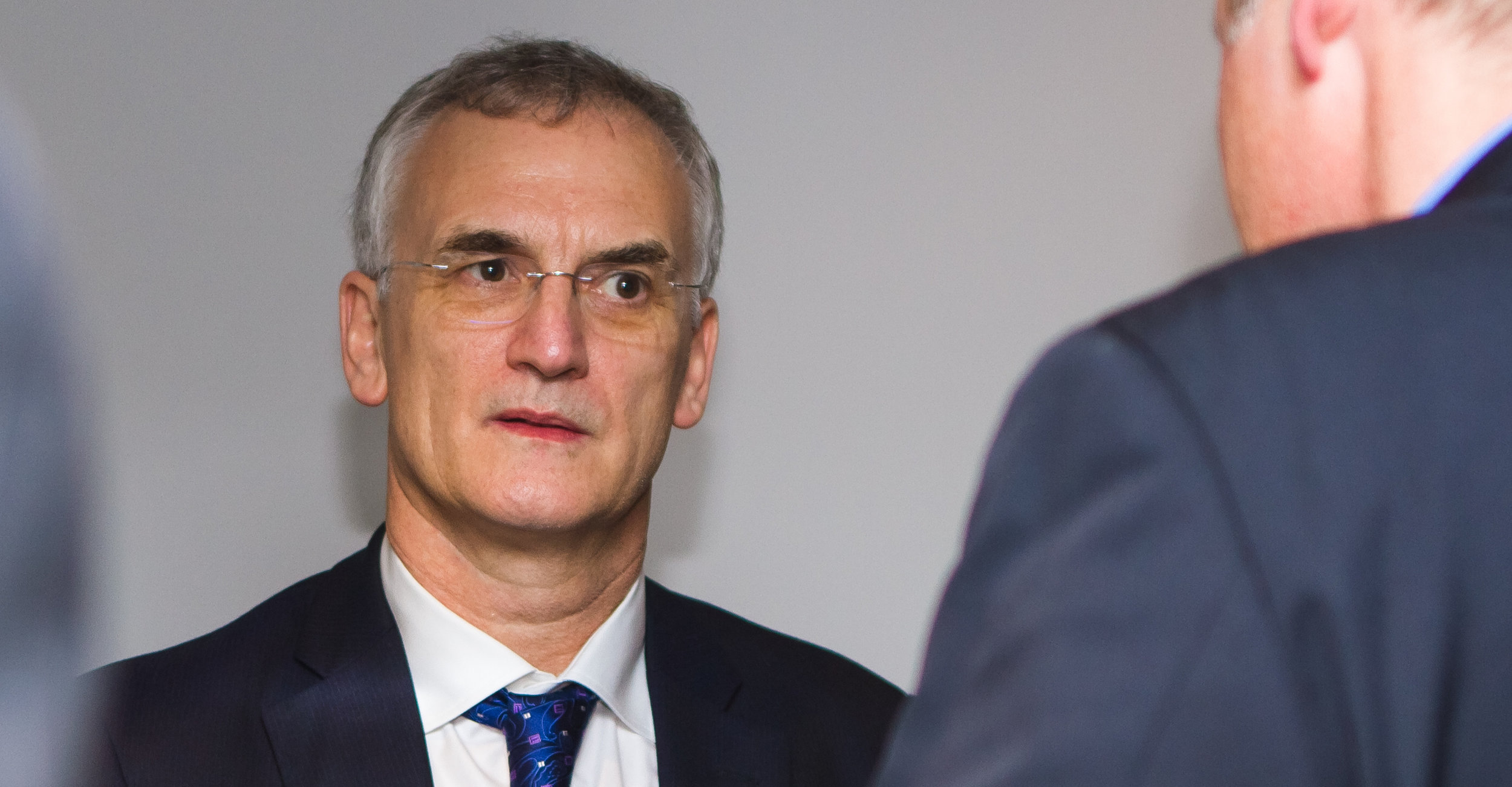The research challenges the ways that researchers have worked out sea temperatures until now, meaning that they may be increasing quicker than previously suggested.
The methodology widely used to understand sea temperatures in the scientific community may be based on a mistake, the new study suggests, and so our understanding of climate change might be fundamentally flawed.
The new research suggests that the oceans hundreds of millions of years ago were much cooler than we thought. If true, that means that the global warming we are currently undergoing is unparalleled within the last 100 million years, and far worse than we had previously calculated.
The published research paper can be found here.







